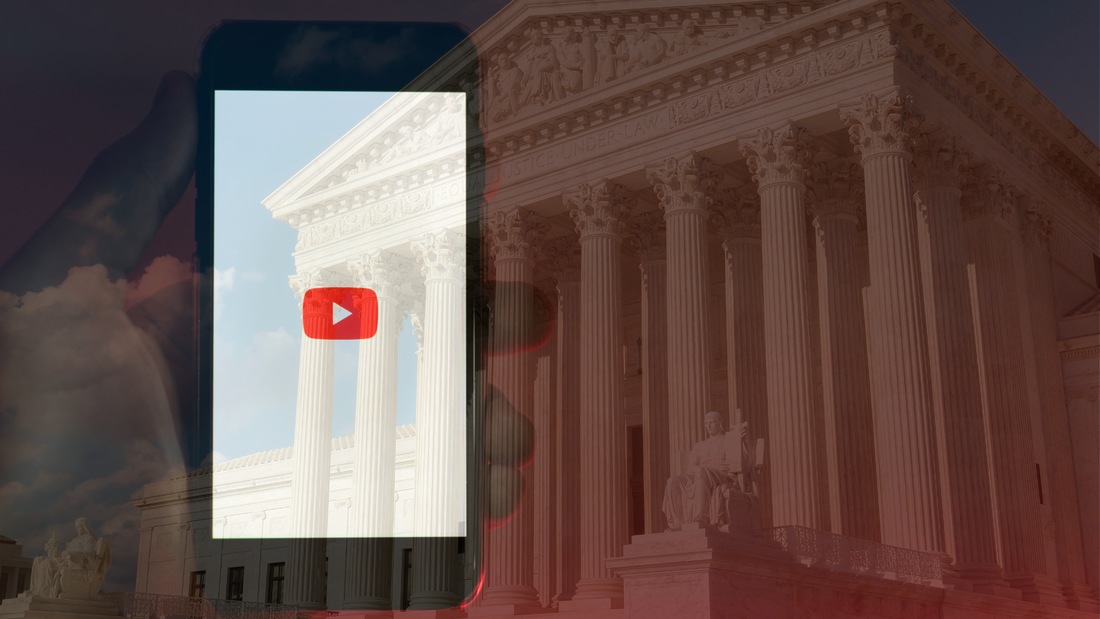|
In an amicus brief before the U.S. Supreme Court earlier this year, Protect The 1st told the Court that curtailing Section 230 of the Communications Decency Act of 1996 “would cripple the free speech and association that the internet currently fosters.” Consistent with that recommendation, the Court today declined various invitations to curtail that law’s important protections for free speech.
Joining with former Sen. Rick Santorum, we demonstrated in our amicus brief that Section 230 – which offers liability protection to computer-services providers that host third-party speech – is essential to enabling focused discussions and keeping the internet from devolving into a meaningless word soup. “If platforms faced liability for merely organizing and displaying user content in a user-friendly manner, they would likely remove or block controversial – but First Amendment protected – speech from their algorithmic recommendations,” PT1st declared. We stated that a vibrant, open discussion must include a degree of protection for sponsors of internet conversations. With Congress always able to amend Section 230 if new challenges necessitate a change in policy, there is no need for the Supreme Court to rewrite that law. The Supreme Court had shown recent interest in reexamining Section 230. That could still happen, but the two cases that were before the Court turned out to be weak vessels for that review. On Thursday, the Court declined to consider reinterpreting this law in Gonzalez v. Google and Twitter v. Taamneh, finding that the underlying complaints were weak. The Court neither expressly affirmed nor rejected our approach, leaving these issues open for another day and another case. Protect The 1st will remain vigilant against future challenges to Section 230 that could undermine the freedom of speech online. Comments are closed.
|
Archives
June 2024
Categories
All
|
ABOUT |
ISSUES |
TAKE ACTION |



 RSS Feed
RSS Feed